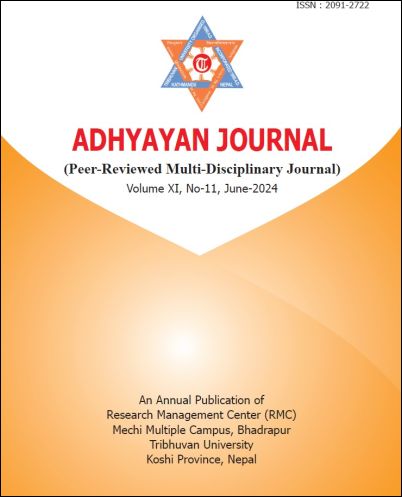A Comparative Analysis of DES, AES and Blowfish Based DNA Cryptography
DOI:
https://doi.org/10.3126/aj.v11i11.67080Keywords:
Cryptography, Decryption, Encryption, Key, XOR.Abstract
Protecting sensitive information while transmitting data across communication channel is very important. The field of study which deals with transmitting information in an unreadable form isknown as cryptography. A modern cryptography technique, DNA Cryptography, is used to encode messages in the form of DNA genes. The DNA consists of four genes: Adenine (denotedby A), Cytosine (denoted by C), Thymine (denoted by T) and Guanine (denoted by G). The DNA encryption process converts the given messages in the form DNA sequences and the DNA decryption process converts the resulting DNA sequences in the original form. In this paper, the output of three different Symmetric Cryptographic algorithms: DES, AES and Blowfish are compared in terms of average encryption time, average decryption time for different datasets and the effect of length of plaintext on encryption time and decryption is analyzed so as to measure the performance of those algorithms. While comparing the above algorithm it is found that: The AES based DNA Cryptography algorithm takes more encryption and decryption time while the DES based DNA algorithm takes less encryption time and the Blowfish based DNA algorithm takes less decryption time. The result also shows that the decryption time is much faster as compared to that of encryption time.




